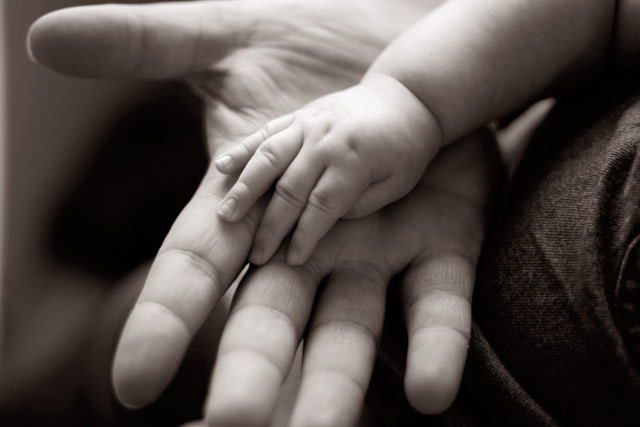Surprise! 1-in-25 Dads Not the Real Father

About 4 percent of men may unknowingly be raising a child that really belongs to the mailman or some other guy, researchers speculate in a new study.
Here's the real news: With modern methods, the truth will become known more frequently.
Researchers pawed through a host of scientific articles published around the world from 1950 through last year. The perceived "paternal discrepancy rate," as it is called, ranges from less than 1 percent to as high as 30 percent in the various studies. Most researchers believe the rate is less than 10 percent.
The author's settled on four percent -- one in 25 families -- in a new article in the Journal of Epidemiology and Community Health.
The actual figure will likely become clearer as more people undergo DNA profiling and genetic testing, the researchers say. In the United States, rates of paternity testing alone more than doubled to 310,490 between 1991 and 2001, they note.
But there are other tests on the rise that could have the unintended effect of revealing a child to belong to another man.
DNA testing is becoming more common in courts, health care systems and in cases of organ transplants. Perhaps the most widespread use on the horizon is to diagnose susceptibility to hereditary diseases. Are you likely to get Alzheimer's or die from a heart attack or cancer? Medicine promises to one day let you know, should you want to.
Get the world’s most fascinating discoveries delivered straight to your inbox.
Eventually, the researchers argue, there will be a greater need for support services and guidance on how to disclose paternal discrepancy.
"In a society where services and life decisions are increasingly influenced by genetics, our approach to [paternal discrepancy] cannot be simply to ignore this difficult issue," the authors write.
- Boy or Girl: Which Gender Baby Would You Pick?
- Spit Tests Could Replace Blood and Urine Samples
- Home DNA Tests Not Always Science-Based



